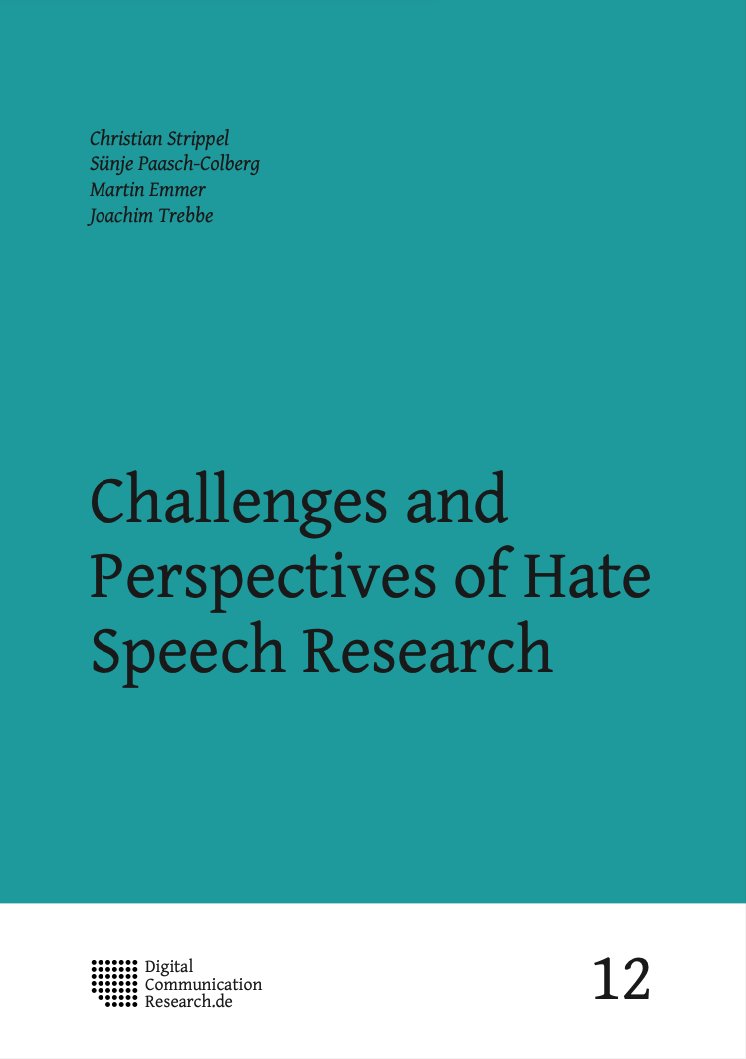We are excited to announce that Methods Lab lead Christian Strippel organizes a panel on “Data, Archive & Tool Demos” at the Annual Conference of the German Communication Association (DGPuK) on March 13-15, 2024, in Erfurt. The corresponding Call for Contributions can be found here: https://www.dgpuk2024.de/sonderfenster/
Similar to the “Tool Demos” at international conferences, the panel serves as a forum for sharing reusable research data, databases, collections, archives, as well as tools and R packages with a wider academic audience. This initiative builds on the success of the “Research Software for Communication and Media Studies” panel in 2019, but this time aiming to enhance the development, provision, and utilization of research infrastructures and resources in German-speaking communication and media research in general.
Colleagues who wish to present data, archives, or tools at the panel are invited to submit a short abstract (200-300 words), with relevant links or screenshots, to christian.strippel@weizenbaum-institut.de by the submission deadline of November 30, 2023. To be eligible for submission, your tool or resource should not have been previously featured in the research tools panel 2019 or the special issue in Publizistik. It should be openly available for scholarly reuse and not operated for commercial purposes.
For more information and submission guidelines, please visit this page.
